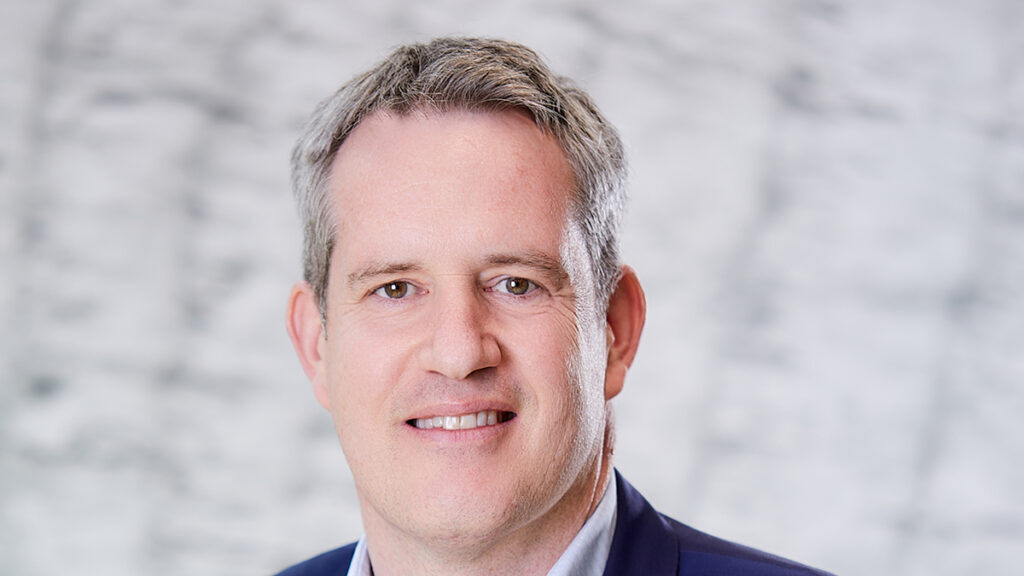Archbishop of Canterbury calls for action on ‘broken’ care system

Justin Welby, the archbishop of Canterbury, has called for action to fix the “broken” social care system.
In his new year message, the archbishop called upon families, communities and government to rise to the challenge of fixing social care.
The archbishop said a forthcoming report on social care, published in partnership with the archbishop of York, would offer a “hopeful vision of our society” where “no one is held back, over-looked or treated as a burden”.
The archbishop’s comments followed an investigation by The Guardian which found that the number of care homes in England offering dementia services rated inadequate by the CQC had more than tripled from 2% to 9% between 2019 and 2022.
A Department of Health and Social Care spokesperson said: “The government made £17 million available to Clinical Commissioning Groups (CCGs) last year to tackle dementia waiting lists and increase the number of diagnoses, and we have committed to double the funding for dementia research to £160 million a year by 2024/25.
“We have prioritised social care in the Autumn Statement making up to £7.5 billion over the next two years available to support adult social care and discharge – the biggest funding increase in history.”
Kate Terroni, chief inspector of adult social care, integrated care & interim chief operating officer at CQC, said: “It is essential that people living with dementia receive the best possible care. We are committed to supporting providers to drive improvements in dementia care in England. As part of our new strategy we are changing the way we regulate services and support our teams to better understand the care people with dementia receive across health and social care services. This will further improve how we are able to regulate services which offer dementia care, and ensure people are receiving safe, high quality care when they need it the most.
“We also closely monitor how dementia care is provided by analysing data and feedback from those who use services and their loved ones that indicates whether the care people are receiving is safe, effective, caring and responsive to their needs.
“We would urge anyone who has concerns about services who provide dementia care to tell us directly via the ‘give feedback on care’ form on our website or via our customer service centre on 03000616161.”



